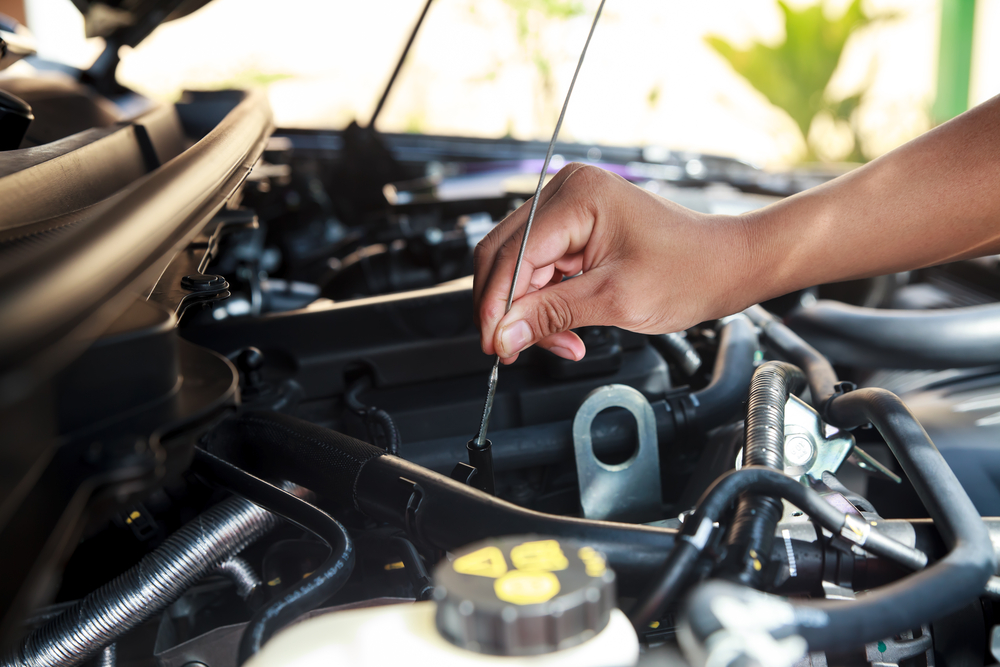All Categories
Featured
Your auto's exhaust system plays an important role in both its efficiency and ecological impact. There are a number of steps you can take to expand the life of your automobile's exhaust system and stay clear of expensive repair work.
![]()
![]()
Conclusion. Taking care of your vehicle's exhaust system is important for ensuring its longevity and keeping the overall health and wellness of your car. By consistently checking the system, keeping it clean, addressing concerns promptly, and driving responsibly, you can assist extend the life of your exhaust system.
- On A Regular Basis Examine the Exhaust System. Regular examinations of your car's exhaust system are essential for catching potential concerns before they become major troubles. If you listen to any type of uncommon sounds like loud roaring or rattling while driving, this could suggest a problem with the exhaust system that needs focus.
- Keep the Exhaust System Clean. Over time, dust and roadway particles can build up on the bottom of your vehicle, consisting of the exhaust system. Utilize a tube or a pressure washing machine to eliminate debris and gunk from the exhaust pipes and other parts.
- Drive Properly and Stay Clear Of Short Journeys. Exactly how you drive can have a significant influence on the life expectancy of your exhaust system. Frequent brief journeys, particularly those where the cars and truck doesn't reach its optimal operating temperature, can trigger dampness to collect inside the exhaust system. It can lead to rust development when moisture blends with the exhaust gases. To stop this, attempt to stay clear of extreme brief journeys and aim for longer drives to make certain the exhaust system gets hot enough to vaporize any type of wetness. Additionally, stay clear of fast velocity or tough braking, as these can create unneeded pressure on the exhaust components.
- Address Exhaust Leaks Promptly. Exhaust leaks not just endanger the efficiency of your automobile yet can additionally bring about engine problems and health threats due to the build-up of carbon monoxide gas. If you discover any indicators of exhaust leaks, such as uncommon scents, loud noises, or a drop in engine performance, obtain your exhaust system examined by a technician quickly. Repairing tiny leaks early can help protect against additional damages to the exhaust system and make certain that the engine is running successfully.
- Stay Clear Of Driving With Deep Puddles or Water. Driving through deep pools or swamped locations can subject your vehicle's exhaust system to abrupt temperature adjustments. When the exhaust system is warm and comes into contact with cool water, it can create steel parts to agreement, potentially leading to fractures or damage. Attempt to avoid driving through deep water or big puddles, specifically after rains, to shield your exhaust system from unneeded stress.

- Keep the Engine and Fuel System. A properly maintained engine and fuel system have a direct influence on the exhaust system's durability. A properly running engine minimizes the probability of harmful exhaust gases constructing up, which can harm the exhaust system over time.
- Check the Oxygen Sensors. The oxygen sensing units in your automobile keep track of the levels of oxygen in the exhaust gases, aiding the engine control system readjust the air-fuel blend for ideal performance. Malfunctioning oxygen sensing units can lead to ineffective engine efficiency, which can place additional pressure on the exhaust system and rise emissions. Consistently check and replace the oxygen sensing units as required to guarantee that your exhaust system is working effectively.

- Safeguard the Exhaust System from Roadway Salt and Chemicals. Throughout the wintertime months, road salt and chemicals utilized to thaw ice can be destructive to your auto's exhaust system. Make sure to clean your car regularly to get rid of any kind of salt buildup from the underside if you live in a location where roads are salted. This will aid prevent deterioration and expand the life of the exhaust parts.
Conclusion. Taking care of your vehicle's exhaust system is important for ensuring its longevity and keeping the overall health and wellness of your car. By consistently checking the system, keeping it clean, addressing concerns promptly, and driving responsibly, you can assist extend the life of your exhaust system.
Latest Posts
Why Regular Vehicle Maintenance at Montclare Auto Repair Keeps Your Wallet Happy
Published May 29, 25
1 min read
Discover the Greatest Auto Repair Deals in Montclare, Chicago
Published May 26, 25
1 min read
Experience Yesterday's Pub: Where Taste Fulfills Custom
Published May 22, 25
1 min read
More
Latest Posts
Why Regular Vehicle Maintenance at Montclare Auto Repair Keeps Your Wallet Happy
Published May 29, 25
1 min read
Discover the Greatest Auto Repair Deals in Montclare, Chicago
Published May 26, 25
1 min read
Experience Yesterday's Pub: Where Taste Fulfills Custom
Published May 22, 25
1 min read